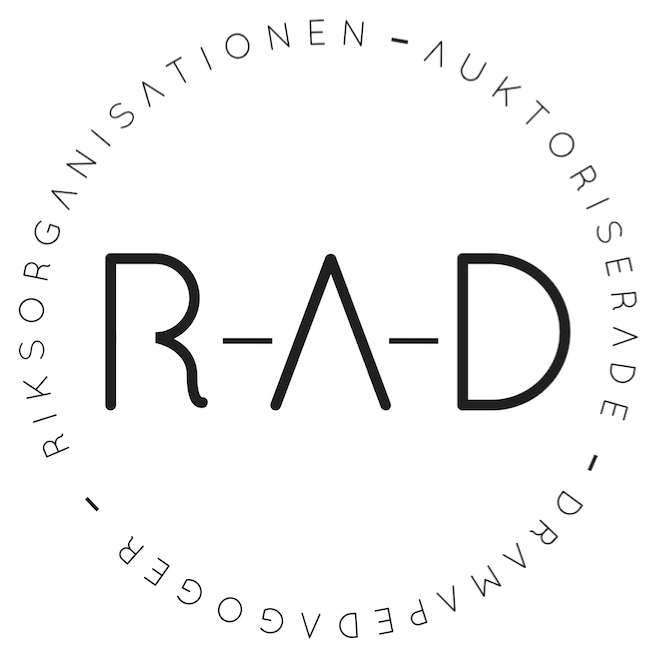Einarsson, Anneli (2020)
University of Chester UK
This thesis investigates the tensions that emerge as drama is implemented in the teaching at a primary school. The thesis analyses drama practice in relation to a rationalistic and a holistic theoretical framework, and employs the epistemological view that subjectification and socialization are as important as the qualification dimension in education. A metaphorical model was developed, Schooling–Ecotone–Art, in order to deepen the understanding of drama as a subject in relation to the educational discourse. The ecotone, a notion deriving from ecology, symbolizes drama and serve as a tool to explore the tensions created at the borders of the adjacent habitats. The study describes the developing diversity within the drama practice in relation to the staff’s teaching and the pupils’ learning and meaning making. The empirical data are gathered by field studies at a primary school in Sweden, during one year. A project was made possible by a grant from the local municipality, through which the school was able to engage in a collaborative project with a local culture centre in which teachers and drama pedagogues worked together on a weekly basis. The doctoral study was initiated by an invitation from the school and the culture centre. Anchored in critical ethnography, the data include observations, interviews with staff and pupils, video recordings, questionnaires and email correspondence. The findings reveal different levels of tensions as drama is implemented in the teaching, which reflects the materiality of the discursive order and institutional power in education. Further, the study demonstrates the levels of progression as drama is practiced regularly, in which carnival play was a factor in the initial turbulent phase, and thus a major challenge for the staff. The study suggests that the phases in the progress demonstrate that drama comprises a unique and subject-specific content, which is needed in a holistic epistemology in primary education. Additionally, the progress describes how diversity emerges in the staff’s teaching as well as in the pupils’ creative work and that questions of interculturality are illuminated. The study concludes that there is a need to deconstruct a rationalistic epistemology, and develop a holistic epistemology, in order to achieve a sustainable education. The thesis contributes with deepened knowledge of drama as a unique habitat, and the possibilities for diversity as the tensions created in relation to adjacent habitats, schooling and art, are viewed as possibilities rather than obstacles to avoid.




